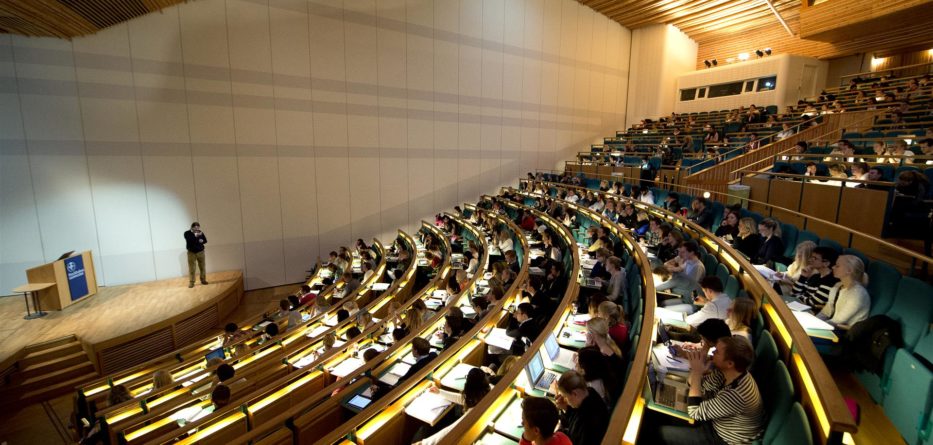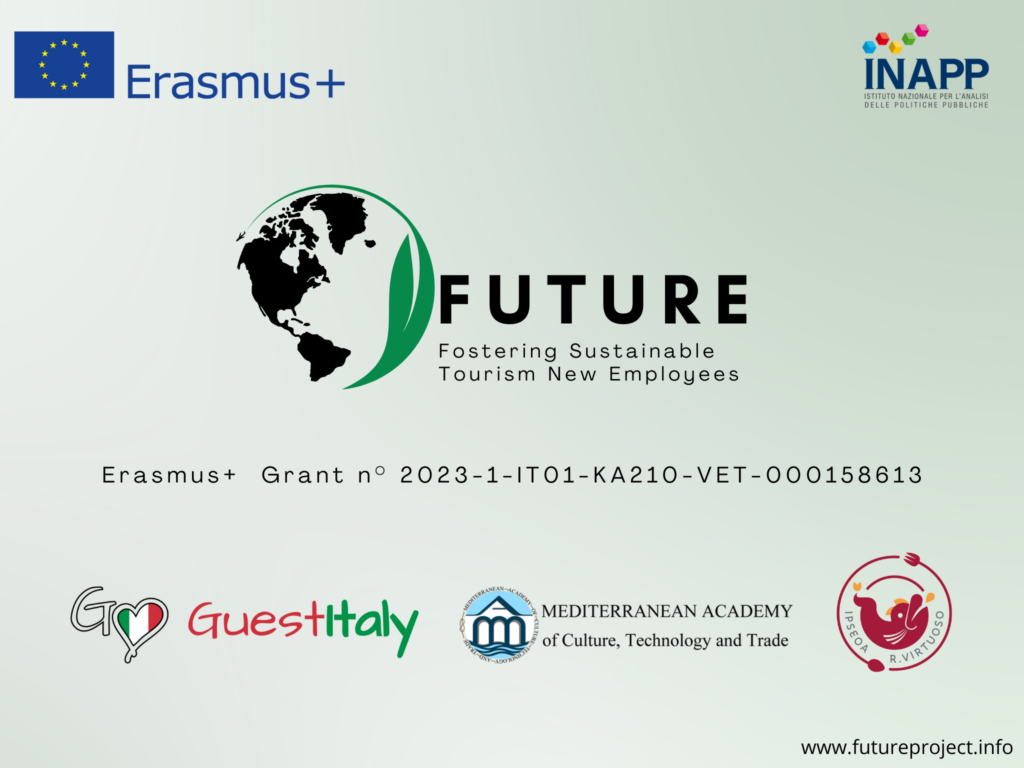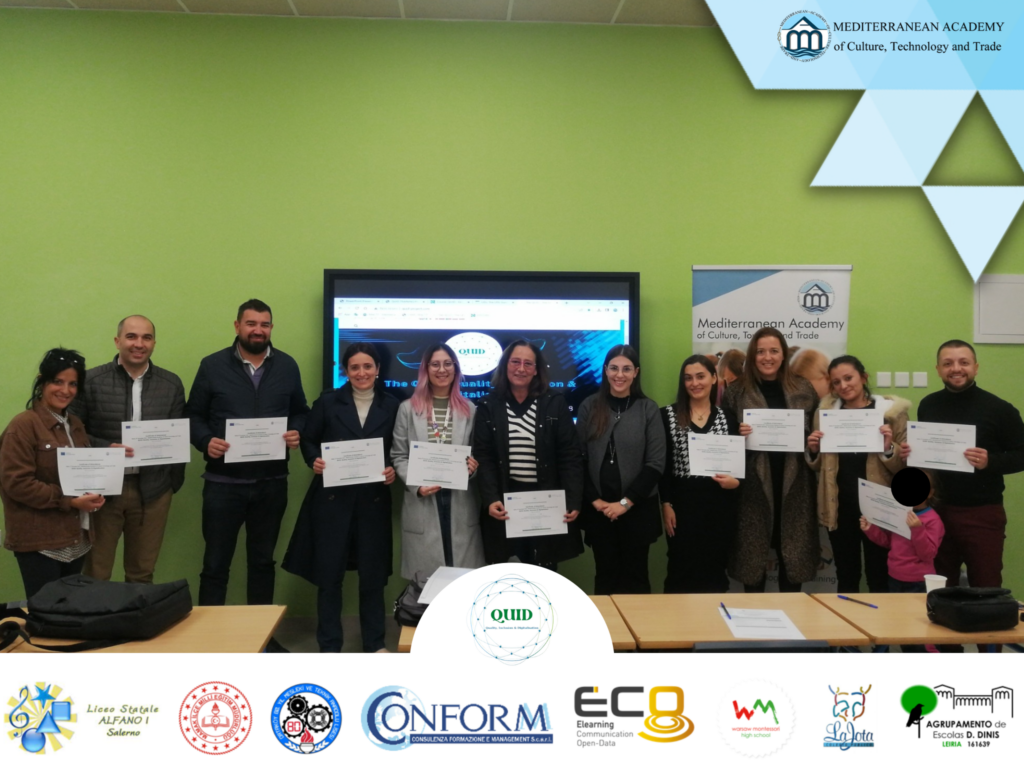The university world is called to do its part to contain the socio-economic impact of the coronavirus emergency and build the country’s recovery in the post-emergency period.
Dr. Martyn Davies, Deloitte’s chief executive officer for emerging markets and Africa, and dean of the Deloitte Alchemy School of Management in South Africa, is the inspiration for the contribution of the academic world: as University World News reports, the great manager recalls the need for a “much greater” contribution by universities to research and development that directly feeds private sector activity.
Universities, undoubtedly, with their instruments of analysis and research, can provide institutions with valuable contributions not only in the field of medical research, but also on the development and revitalization policies of a country.
They can – for example – provide answers to market needs in terms of innovation, enhancing the research of their undergraduates, and build ad hoc training courses to give the system the right skills it needs.
Just think of the use of technology in favour of the business and financial community. Perhaps through the creation of university-business incubators to support SMEs and provide them with useful skills.
Universities need to stimulate an innovative mindset and cutting-edge business models to serve new business models as well, applying them in the same training: online learning can be the first step for knowledge and use of the tools needed for smart working.
As Professor David Evans, senior fellow of the Center for Global Development, says, universities also play an essential role in influencing policy. All analysis and research can be answered at the university: historians and political science experts can document how pandemic crises have been managed in the past and in other contexts, economists and sociologists can explore the likely intentional and unintentional consequences of policies in people and society.
For Lee Elliot Major, United Kindom’s first professor of social mobility currently at the University of Exeter, the power of universities lies in their ability to play a role in “levelling opportunities” between different social groups, working with governments and businesses to help tackle the crisis through policies aimed at enhancing personal and professional skills. For example, taking advantage of the time currently available to learn a new language through online training courses (see the offer of the MACTT institute – Mediterranean Academy of Culture, Technology and Trade) and thus enriching their curriculum with a knowledge increasingly in demand by businesses. So for many people, from a crisis, a new opportunity can arise.





